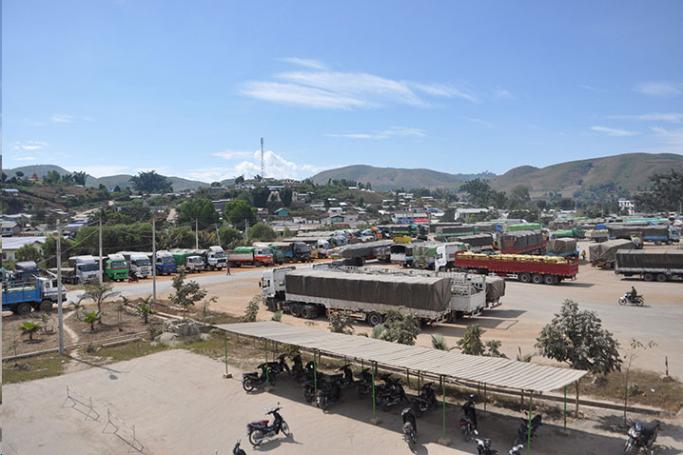Work on establishing an economic cooperation zone along the China-Myanmar border has reportedly started, with priority given to sectors including manufacturing. Amid some concerns about Chinese presence in Myanmar, the project is likely to be a good starting point in maintaining stability in the border area.
While Myanmar is eager to attract foreign investment to rebuild its economy, China is seeing a boom in outbound investment.
However, misinterpretations of Chinese investment in Myanmar are on the rise in the Southeast Asian country, and this situation adds uncertainty to the outlook for future cooperation.
As Myanmar continues to diversify its economic partners following its democratic reforms in recent years, the country has drawn interest from Western investors.
Myanmar is going through a very tumultuous period of change as it rebuilds its relations with the Western world. During this period, some people in Myanmar may act in haste when it comes to Chinese investment. Some people have misunderstandings about China's investment in Myanmar, even though Chinese investment is beneficial to Myanmar's economic recovery.
Myanmar's economic environment has significantly improved, but the picture has become more complex and uneven due to rapid development and transformation.
The economic zone will enhance China-Myanmar cooperation, and it's a good start to take bilateral economic ties to a new level.
Energy projects in Myanmar remain the most attractive targets for foreign investors, but the upcoming cooperation zone will focus on sectors including trade, manufacturing and tourism.
These industries will create more jobs than energy projects, and they will be a key part of China's efforts to diversify its investment in Myanmar.
The northern area of Myanmar is a key global producer of opium poppies, which are grown near the China-Myanmar border. Rampant opium poppy trade is also one of the main reasons for instability in the area.
Developing the local economy should not rely on planting opium poppies. If the economic zone can create jobs for local people and help reduce poverty, it will play an important role in boosting the local economy and maintaining stability in the border areas.
A cross-border trade zone that has been established between China and Vietnam can provide useful experience when it comes to the cooperation with Myanmar.
The upcoming economic zone can be used as a testing ground for upgraded China-Myanmar cooperation and ensure a stable border area.
Courtesy Global Times












